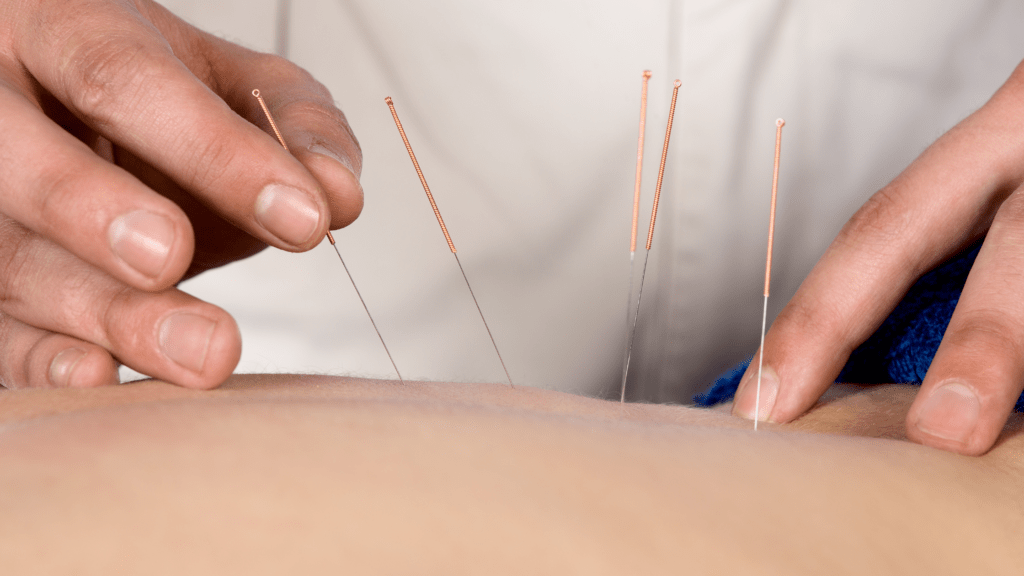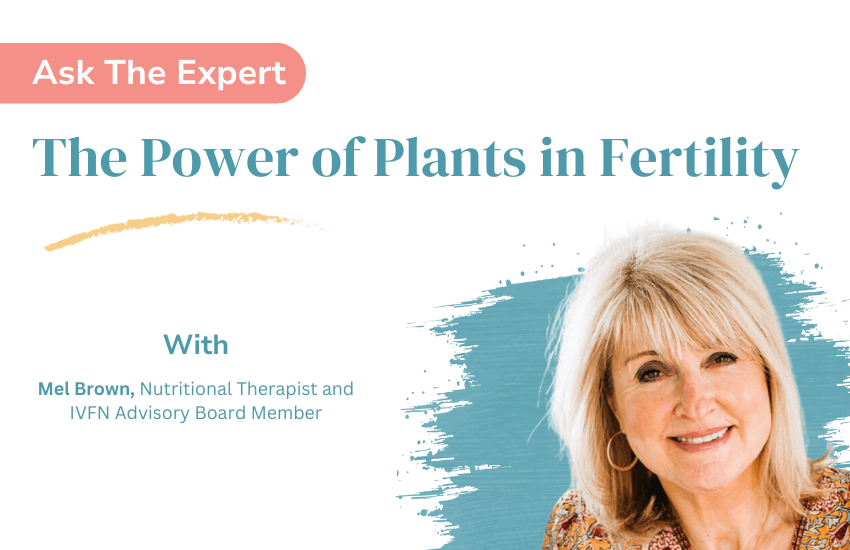What is a fertility diet?

Join us to continue reading
This content is for members only, to read the full article log in to your account.
If you don’t have a membership yet, visit our Join us page.
Would you like your employer to pay for this?
For an obligation free chat to discuss how employer membership to The IFVN would work for your business, please contact us using this enquiry form.
Further reading
-
Female Alcohol and Fertility: What You Need to Know

-
Baby loss and miscarriage What not to say to someone who has miscarried

-
Female Understanding Miscarriage: What it means for your fertility journey

-
Fertility Treatments Fertility and Mental Health: Navigating the Emotional Side of Infertility

-
Alternative Therapies Acupuncture and Pregnancy

-
Female The Power of Plants in Fertility

-
Male fertility The Ultimate Guide to Male Fertility




